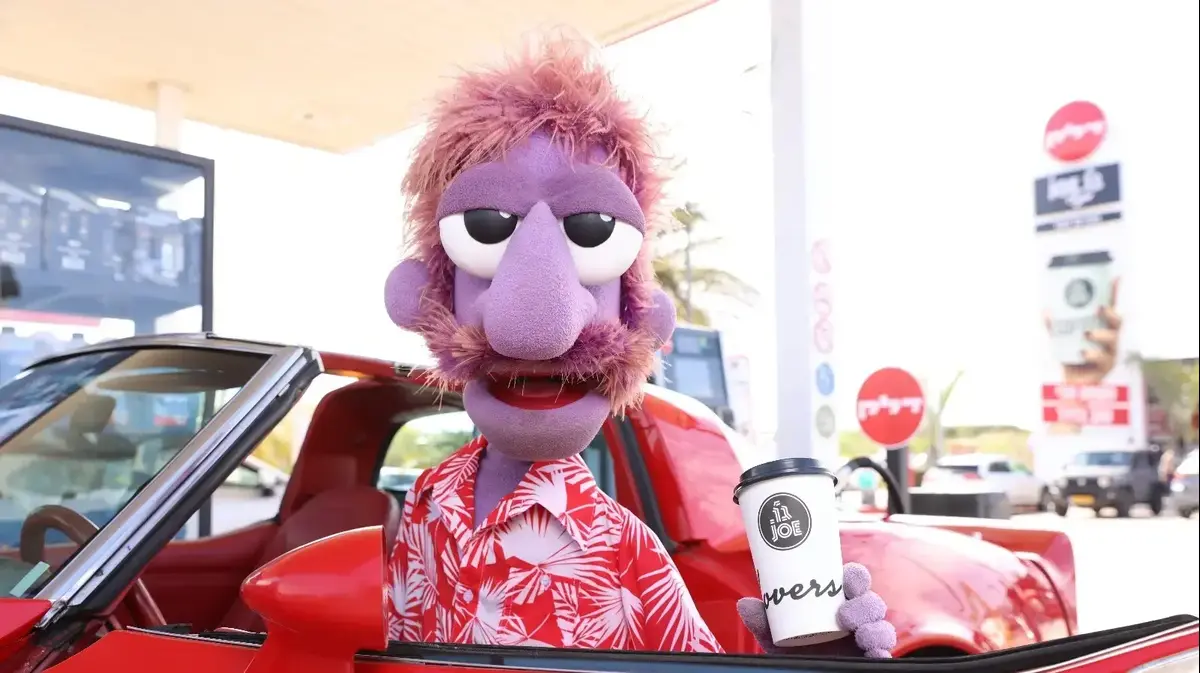In each meeting we achieve it again.
That's what I think when I'm left alone after giving a workshop.
It is a prodigy to help others achieve storytelling.
Reveal the life and sensitivity of the characters in the stories.
Learning has not only to do with expressing ourselves but also with professionalizing ourselves and being aware of the art that inhabits our body, thought and word.
Each one has his own window to say what he sees.
People with different pursuits come to the workshops to study: narrating on stage, in spaces for social assistance, schools or telling children and grandchildren.
They do not come at a certain time course.
It is approached with freedom, but exploration of the material and seriousness are required when telling.
look also
We are all unique while the magic lasts
Narrating is a daily pact because both life and a narrated story are made of an experience that occurs in the present tense.
Helping to understand this art is my passion:
the great possibility of becoming a supporting theater
because a storyteller performs all the tasks: from the imaginary of opening the curtain, turning on the light, telling the story as a neutral narrator and, at the same time, time, all the actors.
That's what we are without any artifice or decoration.
Only the word, the gesture and the gesture.
Pedro Parcet and a word that connects.
In a story function, during that hour, the real thing is left out.
There we inhabit imaginary places, looks of affection and care towards all listeners.
Then we say goodbye and return to another reality.
But the pact is renewed over and over again.
We meet again under the shade of a tree;
in a bar;
a house;
a theater or in any warm shelter.
We just need words, respect and tenderness.
That we can't find anywhere else.
The word of encouragement that is missing at work or at home, sometimes.
And we find it in a workshop or in a function of stories.
That is why in Africa it is said that with tenderness we can make a cow pass through a small door.
People do not know their potential when transmitting a story.
We can be close to the characters without making a value judgment, understanding them.
Talk about them naturally, tell what has happened to them as if we were talking about ourselves.
That is my task: to help see through the characters and tell our own life.
We are not alone.
Frankenstein, King Kong and The Phantom of the Opera are irrefutable classics because they speak of the monster that inhabits us
.
We are all of us who sometimes need a little tenderness.
That's why when they ask me why I started narrating, telling something of my own story, I find the answer.
Free.
Narrating, many say things that are silent in other spaces, says Pedro Parcet.
A recurring evocation takes me to the sixties, when as a child I used to sit on the threshold of my house to watch the cars go by in both directions.
They were big black cars and some taxis.
Like a game, he counted those who went from one side to the other.
Even though I was an only child, I didn't feel alone because Pepino was next to me, my plastic clown.
I talked to him like I was talking to my best friend.
Inside, in that house, which was part of a tenement, my mother kneaded gnocchi and the hammer of dad, who was a carpenter, could be heard blow after blow.
I felt enormous anguish.
Something that closed my throat.
Something I couldn't understand or count.
A mixture of shame and fear because my father was grandfather's age and my mother could hardly walk.
She couldn't stop thinking how much longer she was going to have them physically.
That's how I grew up and that's how I still feel: an orphan looking for cigarette labels on the sidewalks back then.
There was no television in my house.
There was an immense love, yes.
Silences and looks full of tenderness.
My mother with her tortoiseshell comb, rheumatism and all the pain in the world.
My father with his big hands and yellow nails from the cigarette.
There were no books either.
My parents had barely finished primary school but curiously they both had beautiful handwriting
.
They wrote with dedication as if each one fulfilled the entrusted task of creating words.
Mama Aida made a round, fat handwriting like her.
My father a thin and long letter, inclined like him.
Both had the wisdom of someone who goes through life with the simplicity of everyday life.
There was not even a grimace of resentment in them, on the contrary, I have never seen such a naive and clear look on other faces.
When I was twelve years old, I began to procure books avidly.
And I got the music: concertos, chamber music, ragas from India.
That was my company in the small room that I was able to build as soon as I was a little older because at first the three of us lived in the same room.
I still have a yellowish letter that says: "Don Carlos Díaz gives a room to Don Enrique Parcet in exchange for cleaning the corridors of the house and the sidewalk."
In this way my father became a kind of manager of the tenement.
That's how I grew up, with Cucumber, little plastic soldiers and others made of paper that I drew and then cut out to enlarge the troop.
The comics and the books that he continually reread.
I also had a passion that I still have: chess.
I was a happy kid in a world designed by me and to my measure.
I valued the little I had and venerated the love of my parents.
He found great meaning in life despite everything.
Then I attended high school and that's where I got.
I had to work to sustain that universe of parents that was disarming.
Don Vairoletti, the butcher, gave my dad a place to set up a greengrocer's in exchange, once again, for him to take charge of the cleaning tasks.
When my old man got sick I had to take care of the greengrocer's.
Take orders and clean.
Come and see ladies and gentlemen!
Like a circus announcer, megaphone in hand: life went on.
One morning my mother hit the wall that divided her room from mine.
She was prostrate.
I went to see what was wrong with her and she told me that dad had gone to the hospital.
I ran to see him: he was wrong, they let him in because I complained, he didn't speak, he was delivered.
Then they brought me my old man's shoes.
"You have to sign," they said.
"You have to operate urgently."
I think that at that moment I suddenly became a man.
Many hours passed until he came out of the operation and I was able to go see my mother.
Dad is fine, mom, stay calm.
At the age of twenty-two, I was working as a glass window maker, a task that I never stopped doing, even though I had other occupations.
At that time I had gotten involved in buying an apartment, I had bought a Falcon and I wanted to buy a two-door Torino, but at that time I thought that I was not going to be able to take my mother for a walk, that I had to drag my legs to walk.
The day I bought the car, she stopped walking forever.
Until what had to happen happened: my parents died.
Mom in the ambulance couldn't manage to accommodate the comb.
"Take care of dad," she told me.
I hugged my old man who was puzzled in front of the drawer with infinite love.
I remember a policeman who took off his cap when the car carrying my mother passed by.
A son of the world, what do I know.
I could never forget that.
When my father was left alone he was very sad.
On Sundays he waited for me at noon standing on that threshold where I used to sit as a kid.
Now it was he who was unprotected.
We were going to eat at a grill with my wife and children.
That was his moment, he was happy.
I told myself, hold on old man, hold on.
But one day, he also left.
Don Enrique, the man who always loved my mom.
Back then I had a gym.
The funeral procession was circus.
The car that was carrying the coffin was accompanied by a red Jeep with ducks and iodine headlights.
My muscular friends escorted him on motorcycles.
My father would never have imagined such a procession.
At thirty I lost everything.
The roof of the gym collapsed.
I lost the car and the savings on its remodeling.
An architect friend helped me fix the place.
I had sold off the apartment to pay for the goodwill and now I didn't even have that left.
When we finished painting the remodeled place, I asked my friends to leave me alone.
I lay down on the ground next to my sheepdog, old Thor, and fell asleep.
I woke up crying thinking that once again I had managed to rebuild myself
, back to start.
My dog looked at me without moving, almost without breathing, as if he didn't want to break the silence.
Those eyes keep piercing me in dreams.
Then came a time of work and prosperity until, due to various circumstances, I had to close the gym and I continued working as a glass window maker.
A noble trade with which I have three generations of clients to this day.
Like this life, in 1986, between irreparable losses and some celebrations, I heard my imam Zanati Abdullah Zanati telling stories of Islam in the mosque, his calm when telling made it seem like everything was happening at that moment and I was fascinated.
Since then I began to read and listen to stories from the oral tradition.
In the year 2000 I met a cultured and profound storyteller: Juan Marcial Moreno.
My only teacher.
His voice is always present in every story and in every act.
I started to narrate and after some time I became an Oral Narrative workshop facilitator.
I have been giving orality workshops for more than twenty years.
I learned to listen to my peers.
And also to recognize lives through stories.
Talking about those who inhabit stories spontaneously, telling what has happened to them as I told, a few paragraphs before,
Storytelling became a fundamental part of my existence.
I inhabit landscapes that I physically cannot reach.
I enter the homes, I smell the bread that is baked in the kitchens, I hear the cry of a child.
Opulence and poverty.
The rugs and lamps in Sinbad's house or the humidity of the abandoned houses.
I contemplate the crystalline rivers of Paradise and I suffer the thirst that devours the peoples.
In this great contrast I can contemplate, without being passionate, the designs of the Creator.
So I find in this fabric my own past.
That skein that I had to
wind over and over again to make my own wool doll
with heart and eyes to contemplate and learn.
With listening and empathy.
We can all.
I have learned the unspeakable from the people around me.
And from distant people, that unrevealed magic.
What they keep and that will emerge at the right time.
My work of telling stories founds new, renewable, resistant worlds.
I try to convey that hope so as not to be alone, not to teach.
Because this wonderful work is a great car that we can all get on.
Extend an open hand so that someone can take it and not forget those who remain on the road.
Go back again and again for them.
After all, who doesn't need to be loved?
Life is not possible without others, because as the Arab proverb says: "One hand cannot clap".
Gratitude is the feeling with which I wake up every day.
Gratitude for the simplicity of the everyday
that forged the man I am today.
Thank you mom for embroidering my school bag.
Thank you dad for the wooden boat you made me with your veiny hands.
Here I am, breathing my steps, yes, breathing them.
Valuing each movement, each encounter and each discovery.
One day, in Africa, facing the sea, I asked myself: what would my parents say if they saw me now?
At that moment I knew that he had made me the artisan of my own life.
Almost as artisan as the earth with a flower.
-------------
My name is
Pedro Parcet
, I live in Buenos Aires, I am an oral narrator and director and I give workshops where I teach something as human as sharing stories.
I try to do it in a way that excites and generates empathy.
I try to find a more human, profound and cultural meaning to our experiences and the art of sharing them.
I narrate all kinds of stories: author's, oral tradition, legends and others.
But perhaps I could say that I specialize in tales from African, Gypsy and Asian cultures.
I have founded my own school ESSENNA (Sensitive School of Oral Storytelling).


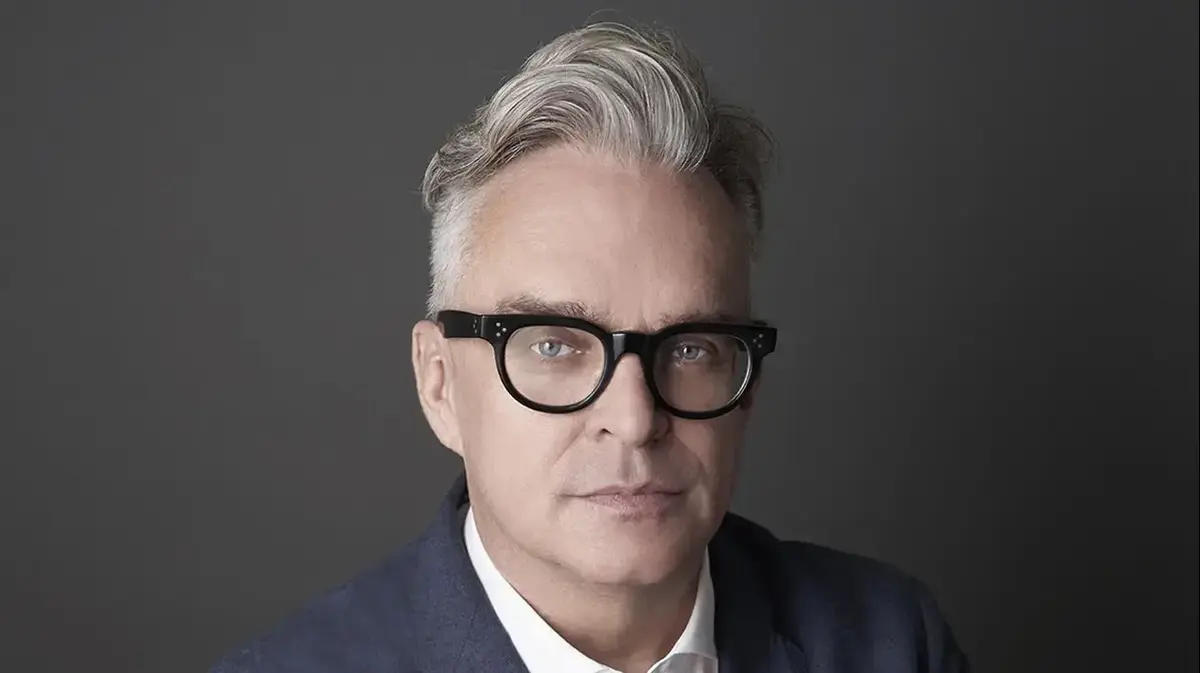
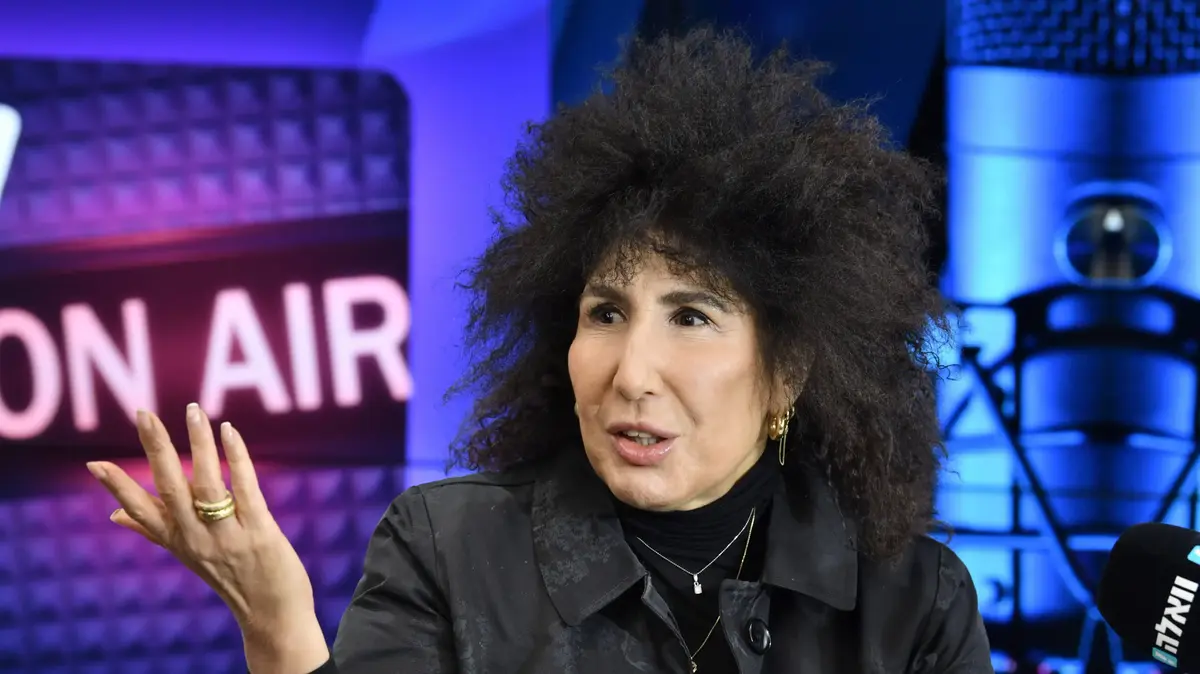
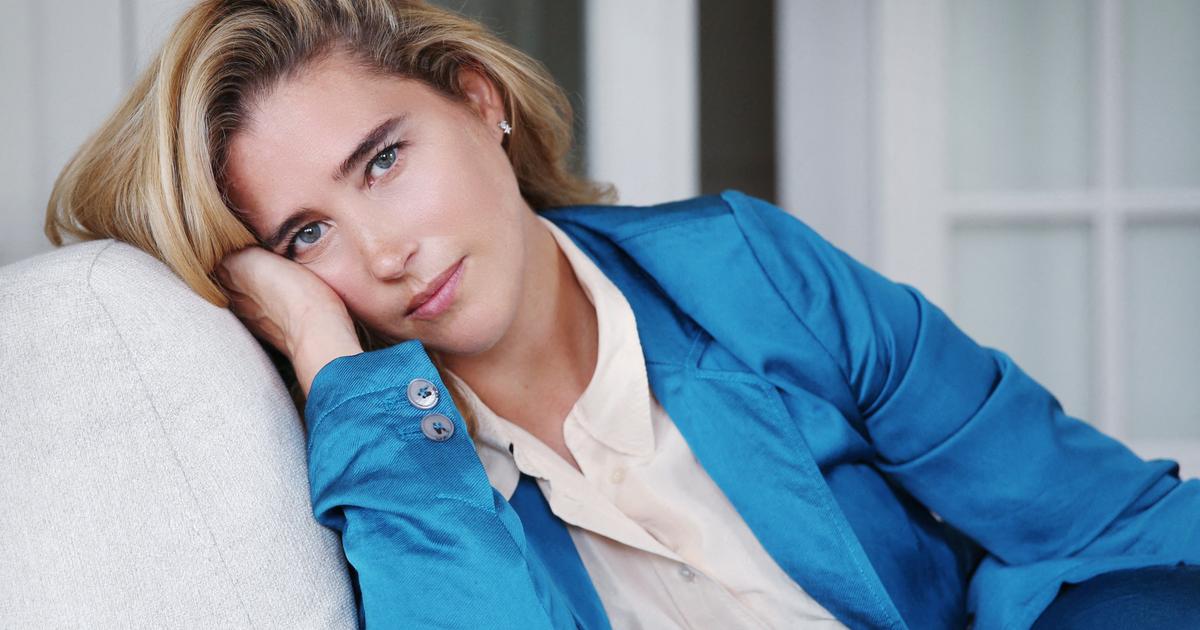
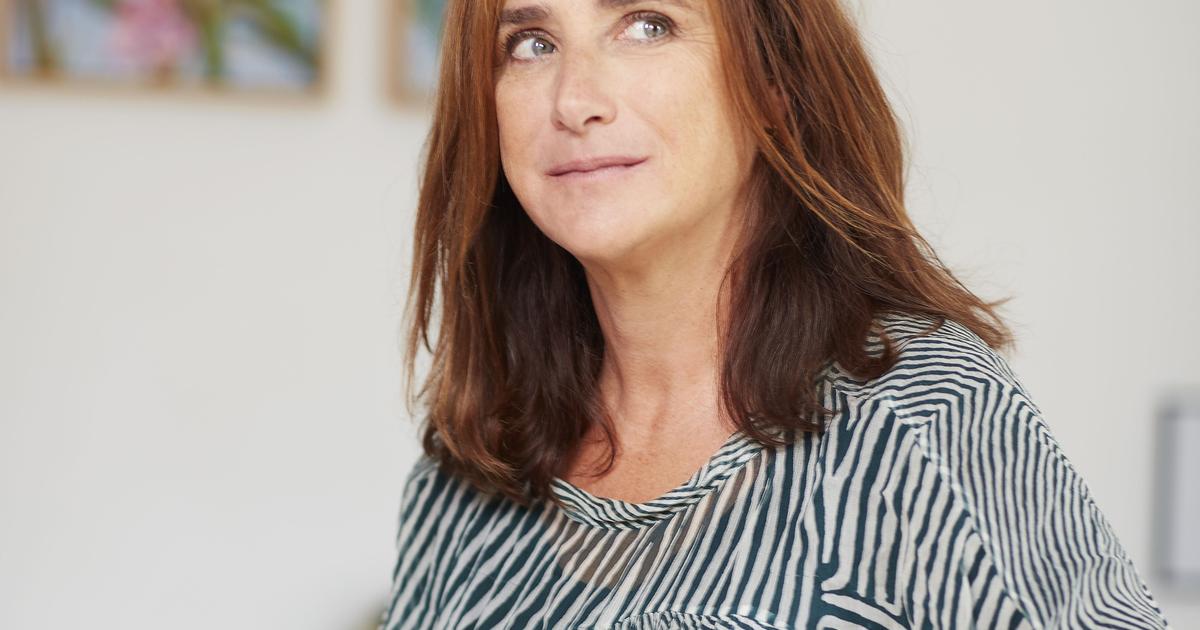
/cloudfront-eu-central-1.images.arcpublishing.com/prisa/YU6JYS64KNDZNHHGXA3QMTYNGY.jpg)
